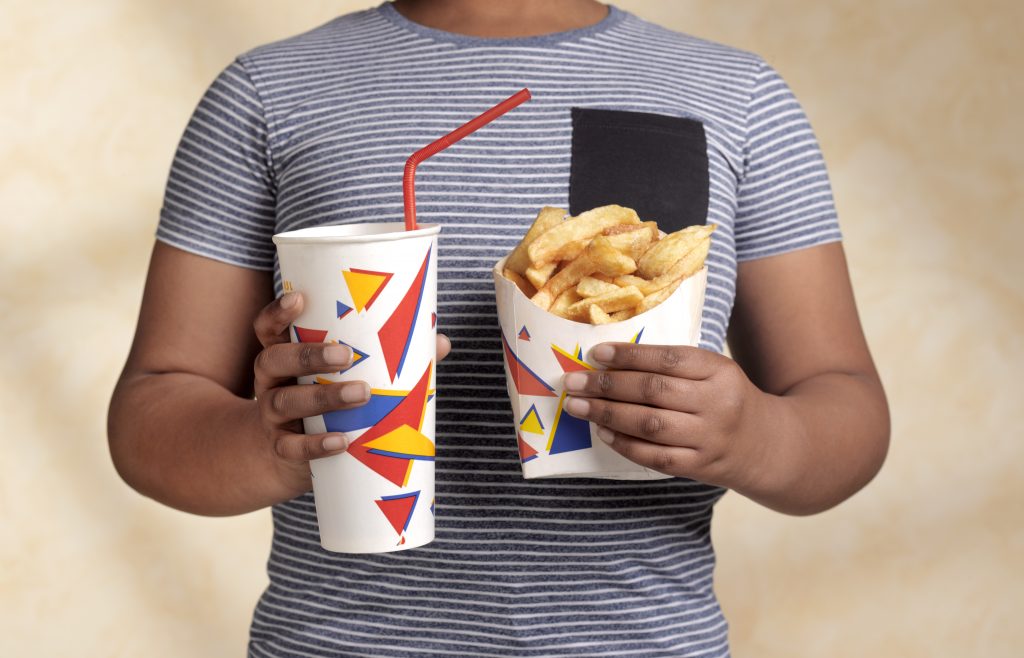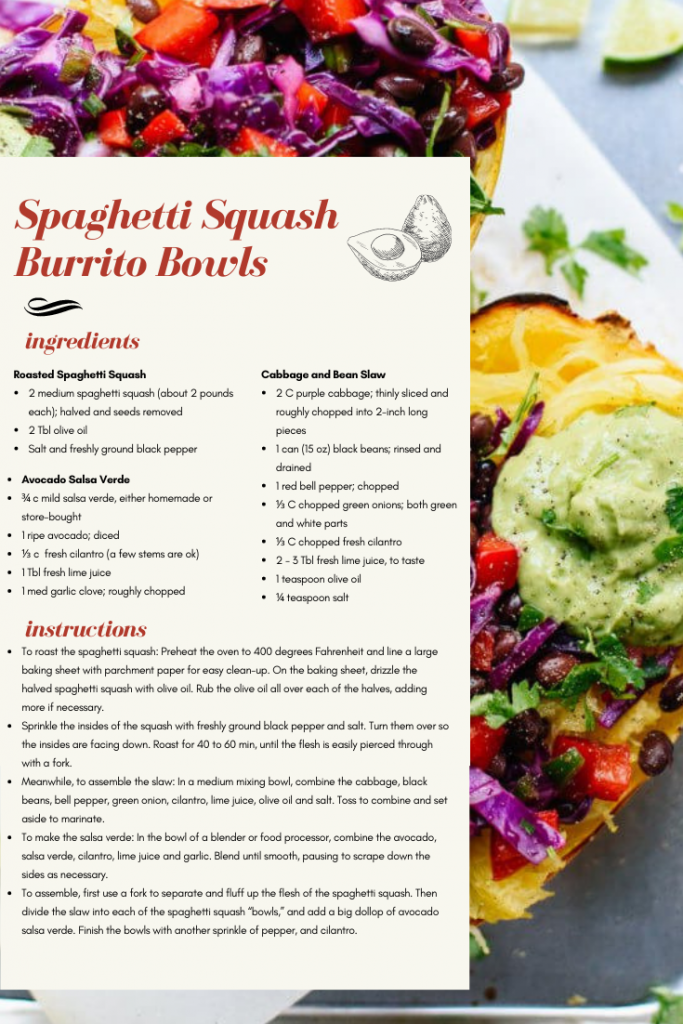It’s no secret that there is an obesity crisis in the US. A whopping 42.4% of adult Americans were considered obese in 2020. Unfortunately, this is also the case with children as the obesity rate for children ages 2-19 was 19.3%. Compare that number to the 5.5% it was for children in the 1970’s, and you can see the problem. Why are these numbers rising? It starts with the food from the standard American diet.
The Ultra-Processed Food Crisis
Ultra-processed foods have become so prominent in diets today. They’re generally cheap, convenient, have a long shelf life due to preservatives, and are pumped with artificial flavors to entice rather than nourish. Things like pizza, cookies, chips, and frozen meals dominate shelf space in grocery stores making their availability abundant.
The problem? Ultra-processed foods are loaded with unhealthy ingredients such as sugar, corn syrup, and artificial flavoring. The ironic thing about that is all the “positives” that are associated with ultra-processed foods are only possible because of the negatives.
What makes ultra-processed foods even worse is the effect they have on children. Because they are so easy to obtain and taste good, children are the ones who are consuming it in excess. In a recent study conducted by the medical journal JAMA, two-thirds of calories consumed by adolescents and children in 2018 came from ultra-processed foods.
Other than being filled with unhealthy ingredients, ultra-processed foods can also lead to overeating. In a study that compared those eating a diet of ultra-processed foods to those eating a diet of unprocessed foods, the participants with the ultra-processed diet ate an average of 508 calories more per day and ended up gaining an average of two pounds every two weeks. On the flip side, those who consumed the unprocessed foods ended up losing an average of two pounds for every two weeks.
This means that consuming ultra-processed foods gives anyone who relies on them a double whammy of being loaded with unhealthy ingredients AND making them feel more hungry which results in a vicious cycle.
Long Term Outlook for Children
If children are consuming two-thirds of their calories from ultra-unprocessed foods, these unhealthy habits will become harder and harder as they continue to age and the stats show this. According to the CDC, children that are obese are five times more likely than normal weight children to be overweight or obese as adults.
This is why it’s critical to instill healthy eating habits to children so they can not only be healthy in their youth, but to carry those habits into adulthood and pass down those habits onto their own kids.
Tips to Have Your Kids Stay Away from Ultra-Processed Foods
- Have fruits, vegetables and other healthy items well stocked in your kitchen
- Feed them nutrient dense meals
- Encourage your kids to stay well hydrated and stay away from sugary drinks
- Make sure they are getting enough sleep as sleep deprivation leads to overeating and the lack of desire to be active
- Incorporate our Family Nutrition Pack into your regime
- Go from S.A.D (Standard American Diet) to R.A.D (Real American Diet)
- Become part of the Million Mom Movement and be part of a community dedicated on family nutrition
Family Friendly Recipes
Need some recipes suitable for the entire family? Try these!








Understanding what your kids are eating is essential to their overall wellbeing. It’s also important for parents to know which foods to prioritize and how to minimize the less healthy options available.